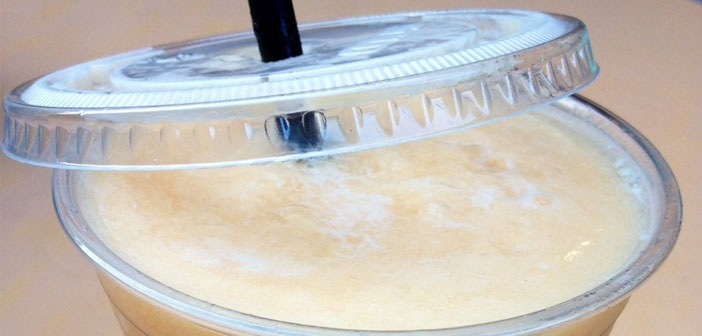Is Fruit Juice as Unhealthy Sugary Soda?
Here is a comparison of fruit juice and sugary soda:
1. Sugar Content:
- Fruit juice: 100% fruit juice typically contains high amounts of natural sugars. An 8-ounce glass of apple juice, for example, contains about 24 grams of sugar.
- Sugary soda: Generally contains added sugars, such as high fructose corn syrup. An 8-ounce can of regular cola, for instance, contains about 39 grams of sugar.
2. Nutrient Density:
- Fruit juice: Contains important vitamins, minerals, and antioxidants found naturally in the fruit. These include vitamin C, potassium, and folate.
- Sugary soda: Usually devoid of essential nutrients and provides mostly "empty" calories.
3. Glycemic Index:
- Fruit juice: Has a moderate to high glycemic index (GI), which means it can cause a rapid rise in blood sugar levels.
- Sugary soda: Typically has a very high GI, leading to even more significant spikes in blood sugar.
4. Weight Gain:
- Both fruit juice and sugary soda contribute to weight gain when consumed in excess. Drinking sugary beverages regularly, including fruit juice, can increase the risk of obesity and related conditions.
5. Health Risks:
- Fruit juice: Excessive intake of fruit juice has been linked to an increased risk of obesity, type 2 diabetes, and dental problems due to its high sugar content.
- Sugary soda: Consuming sugary soda is consistently associated with weight gain, type 2 diabetes, heart disease, and non-alcoholic fatty liver disease.
While fruit juice does have some nutritional benefits, it should not be considered a health drink due to its high sugar content. Limiting the consumption of both fruit juice and sugary soda is essential for overall health and well-being.
Instead, it's recommended to prioritize drinking water and consuming whole fruits, which provide fiber along with essential vitamins and minerals.



